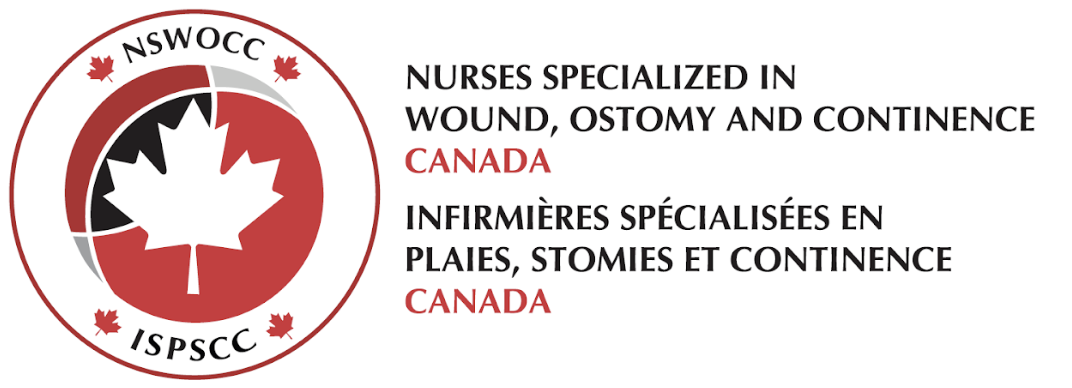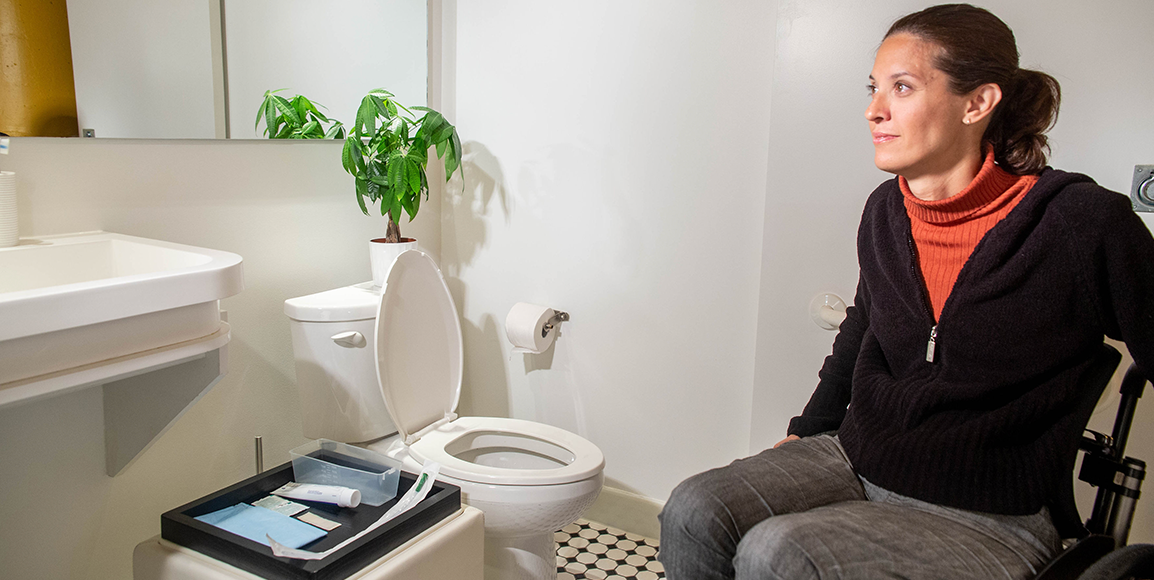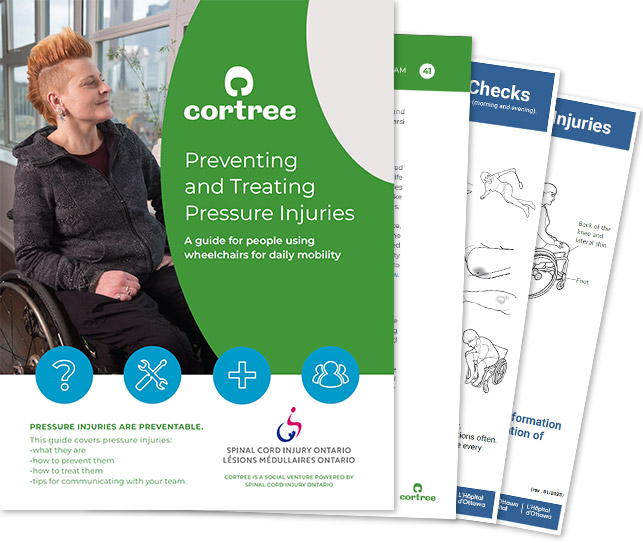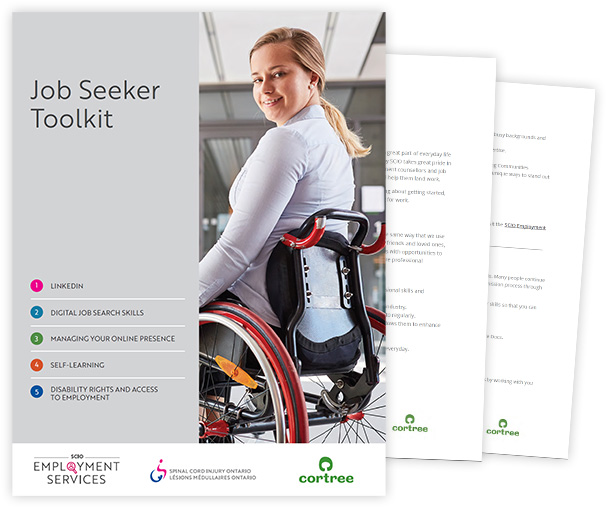Minimizing the negative impacts of incontinence
As a person ages, the skin naturally becomes more sensitive and prone to different forms of irritation and breakdown. Incontinence can accelerate skin breakdown and make it worse. The key to protecting skin from breakdown resulting from contact with urine and feces is understanding what kind of health conditions can cause incontinence and how, as a support provider, you can help minimize the damage incontinence can cause to a person’s skin.
Improving Quality of Health
This training for support workers introduces fundamental concepts related to the causes of incontinence, the risks and effects related to the skin, how support workers can help a person living with bladder or bowel incontinence care for the skin, and what kind of medical interventions or devices are available to persons living with incontinence.
This training consists of 60 minutes of elearning (four modules), with satisfactory completion of a module quiz required for each module, followed by virtual instructor-led training delivered by videoconference with your team.
Hearing the perspective of someone who receives support services that no one in the training directly served. It was easy to listen to his story without feeling defensive or judged as a staff.
– Attendant Learner
Seeing through the eyes of clients. Chris was phenomenal with his openness of care, allowing us to step into both sides of the coin, the client and the caregiver. Sharol, the setting, the way you brought information forward yourself, and teaming with Chris was very easy to understand.
– Attendant Learner
I’ve honestly in my 9 years haven’t had such impactful training. Thank you so much!
– Attendant Learner
I think it was the best training I have attended. It is always a great value to learn more in your field. People can talk about how to do procedures but to hear it from someone that has to have it done for them put things in a different light.
– Attendant Learner
To me it was excellent. Giving each other chance to talk and participate even though we’re in Zoom training.
– Attendant Learner
The sharing and learning directly from an SCI client was very valuable. Also, understanding autonomic dysreflexia which I believe is a must for every attendant to know and spot if it happens.
– Attendant Learner
I’ve learned a lot more about SCI, and I enjoyed listening to all the speakers with SCI and their experiences.
– Attendant Learner
The training was very interesting. I liked having the opportunity to update my knowledge and listen to the different scenarios and experiences of the collaborators.
– Attendant Learner
I really enjoyed having a facilitator with an SCI as it gave great insight of how our consumers may think or feel. I think this will add to how attendants will interact with the consumers in the future as they may have a better understanding of those who they work with.
– Attendant Learner
What’s Included:

Module 1: Introduction to Incontinence
(15 minutes)
Incontinence can impact a person’s life in so many ways. Their dignity, sense of independence and privacy, and ability to enjoy their life to the fullest can be affected every day. This module introduces what it means to experience the impacts of bowel and bladder incontinence from the perspective of people who live with it.

Module 2: Incontinence Supplies and Management
(20 minutes)
There is no one-size-fits-all care or support program for people living with incontinence. How a person will want and need to manage their incontinence will depend on the cause of their incontinence and their living arrangements, lifestyle and personal preferences. Understanding what supplies, approaches and techniques are available will help workers provide the most appropriate and least stressful form of support.

Module 3: Bowel Management and Interventions
(10 minutes)
In this module support workers learn how the bowel works, learn about bowel issues some people face and learn how to support and monitor a bowel program to ensure it’s consistent.

Module 4: Skin Integrity
(15 minutes)
Support workers can play an important role in monitoring and communicating any changes to the person’s skin, to both the person affected and their care team. Early detection of problems can make a big difference in the management and treatment of skin issues.

Virtual Instructor-led training
(3 hour videoconference)
The four elearning modules serve as pre-work for the in-class or virtual instructor-led training (ILT) component of the program. The ILT session provides learners with three hours of interactive instruction provided by a lead educator and a person with lived experience. This live session offers support workers the opportunity to ask questions, participate in discussion and scenarios, listen to stories and begin to apply the new knowledge and understanding to their practices moving forward.
Our Approach
This training references some tasks which fall under the Regulated Health Professions Act (1991). The key message we deliver in the elearning is, “whether or not you can assist with these tasks depends on the policies of your organization and the specialized training you have received.” We will work with your organization to customize key messages relevant to your environment in the instructor-led training portion of the program.
This training was co-designed by people with lived experience with incontinence, managing skin integrity and receiving personal support. Bruno Auger and Nadine Grant-Noad, our founding program facilitators, played a key role in developing this training – thank you Bruno and Nadine!


Frequently Asked Questions
This training is for support workers supporting people living with a physical disability or neurological condition, including seniors, and experiencing incontinence and mobility impairment. Clinical subject matter expertise for this program was provided by nurses specialising in Wound, Ostomy and Continence Canada. People living with incontinence and disability co-designed and co-facilitated the program.

We would like to thank our partner, Nurses Specialized in Wound, Ostomy and Continence Canada (NSWOCC), for providing clinical subject matter expertise and train-the-trainer support for this program. A special thank you to Nicholas Joachimides, RN, BSc N, IIWCC, CHE, MCISc, MSc, NSWOC, CpedN (c), who supported the curriculum development.
More questions? That’s understandable, this is an important topic. Don’t hesitate to reach out. We’re looking forward to getting our conversation started.


